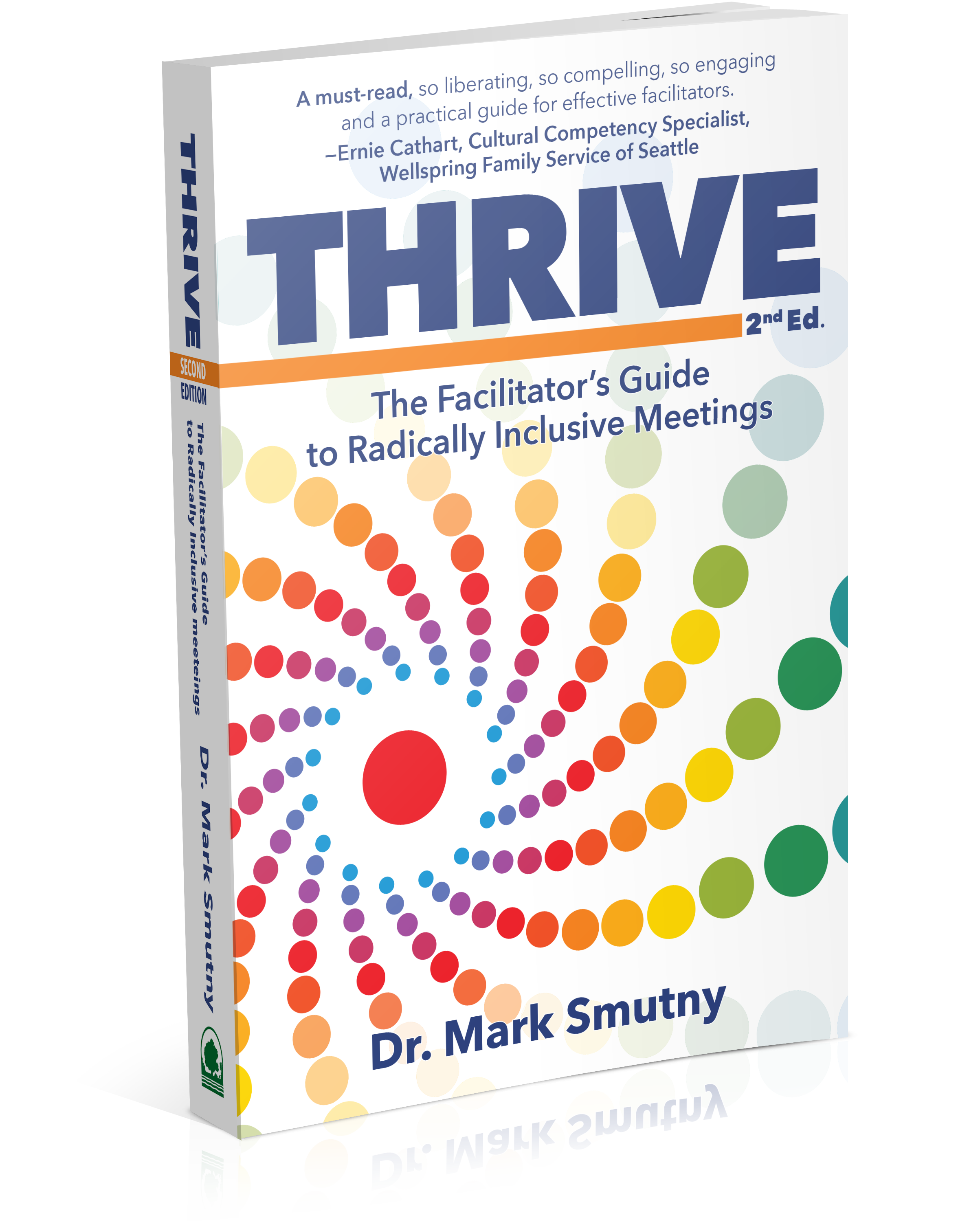 De-escalation techniques can vary depending on the situation, but some generally effective strategies include:
De-escalation techniques can vary depending on the situation, but some generally effective strategies include:
Active Listening
Pay full attention to the person you’re communicating with, demonstrating understanding, and validating their feelings can defuse tension.
Stay Calm
Keeping your own emotions in check can prevent the situation from escalating further. Your calm demeanor can have a calming effect on the other person. One strategy for calming the chaos inside is deep breathing. Taking full, deep breaths and slowly exhaling calms the reactive, reptilian brain.
Empathy
Showing empathy and understanding towards the other person’s perspective can help in de-escalating conflicts. Letting them know that you understand their feelings can help diffuse the situation.
Respect Boundaries
Be mindful of personal space and boundaries. Invading personal space or making someone feel trapped can escalate a situation.
Use Clear Communication
Be clear, concise, and non-threatening in your communication. Avoid using aggressive language or tone that could further provoke the person.
Offer Choices
Providing options or choices can help the person feel more in control of the situation, which can reduce feelings of frustration or anger.
Focus on Solutions
Shift the focus from the problem to finding solutions. Collaboratively brainstorming ways to resolve the issue can redirect negative energy.
Redirect Attention
Sometimes, changing the subject or redirecting the conversation to a neutral or positive topic can help defuse tension.
Use Time-Outs
If emotions are running high, suggest taking a break from the conversation to cool down. Agree to revisit the discussion later when both parties are calmer.
Seek Professional Help if Needed
If the situation is beyond your ability to manage or if there’s a risk of harm, don’t hesitate to involve a mediator, counselor, or other trained professional.
Remember, the effectiveness of de-escalation techniques can vary depending on the individuals involved and the specific circumstances. It’s essential to remain flexible and adapt your approach accordingly.
 About Mark Smutny and Civic Reinventions, Inc.
About Mark Smutny and Civic Reinventions, Inc.
For more insights and resources on building organizational health, visit my website at https://civicreinventions.com. Feel free to reach out via email at mark.smutny@civicreinventions.com or give me a call at 425.405.5615. I am committed to personally responding to every inquiry.
Dr. Mark Smutny, an award-winning author and nonprofit consultant, specializes in conflict resolution services and guides nonprofits toward mission success. His book, “Thrive: The Facilitator’s Guide to Radically Inclusive Meetings, 2nd Ed.,” offers valuable insights into creating inclusive and effective meeting spaces.


